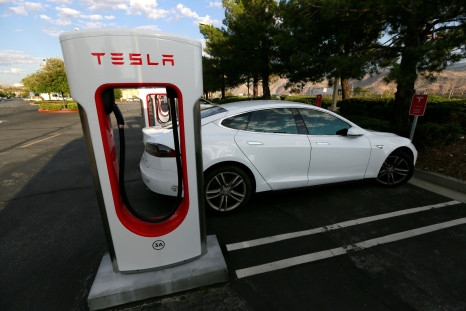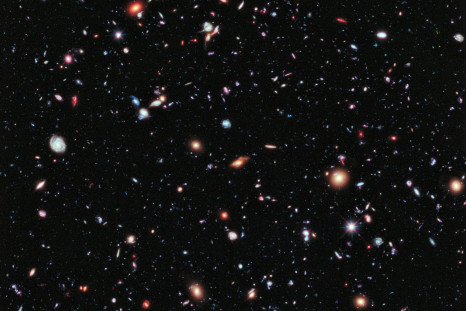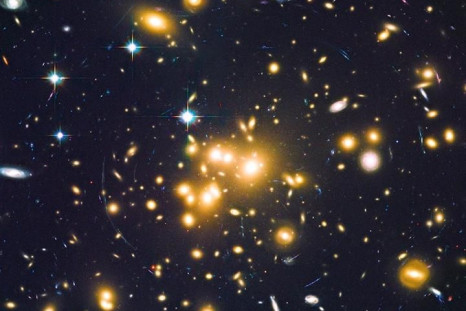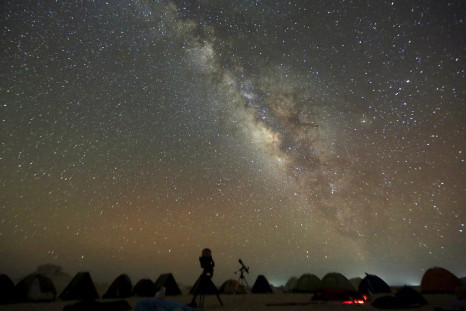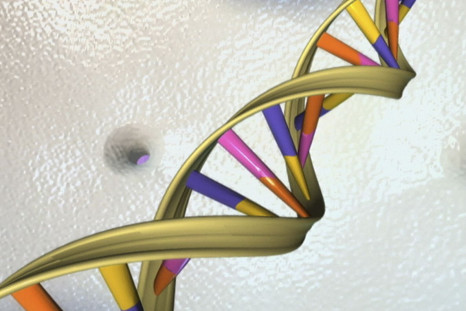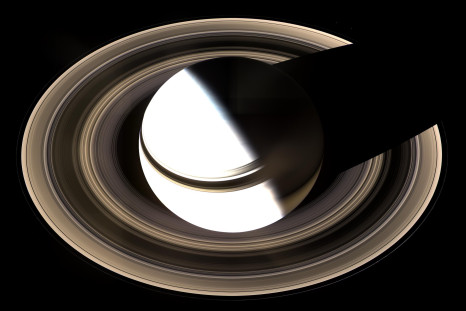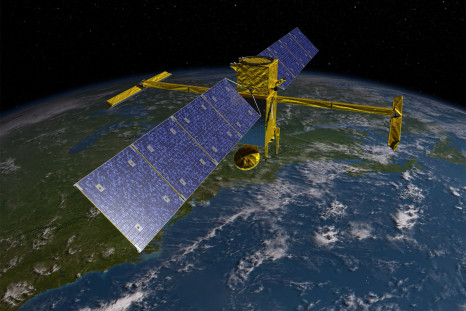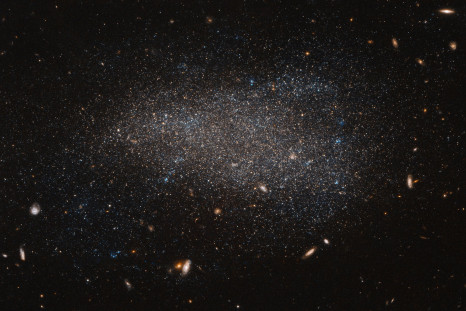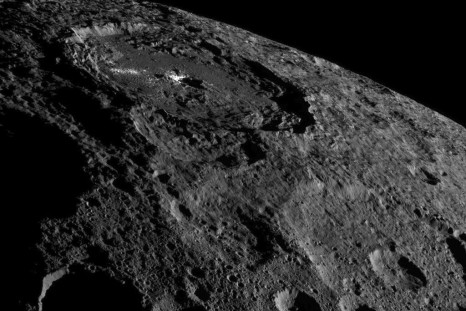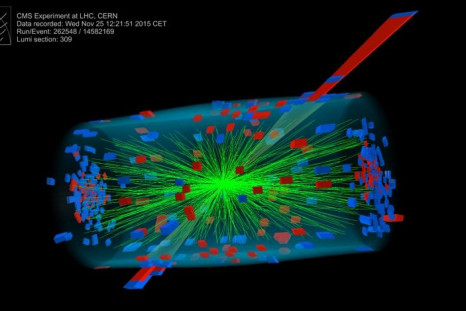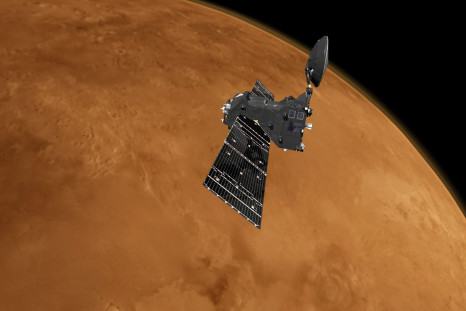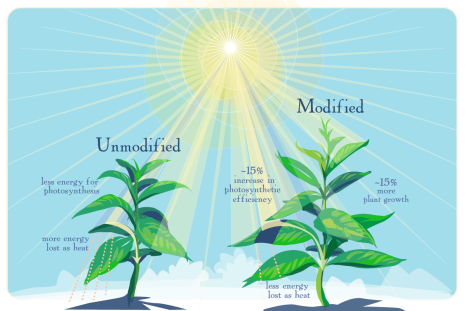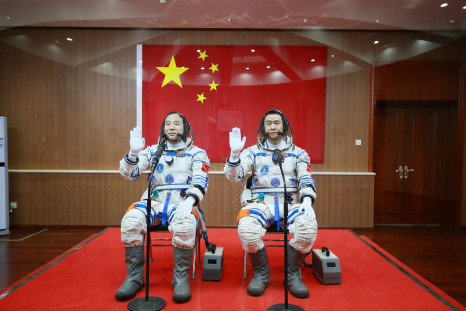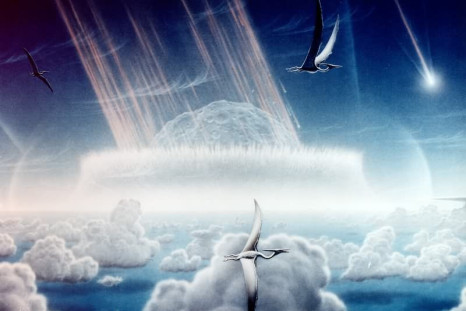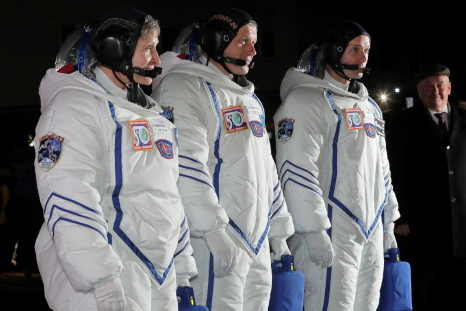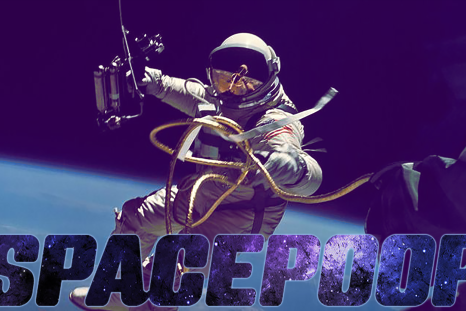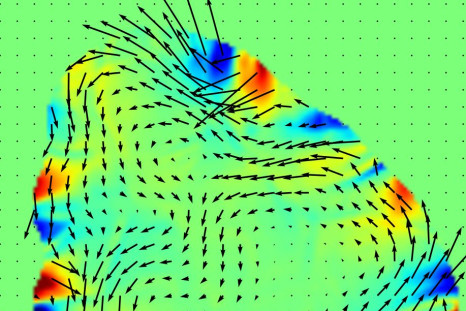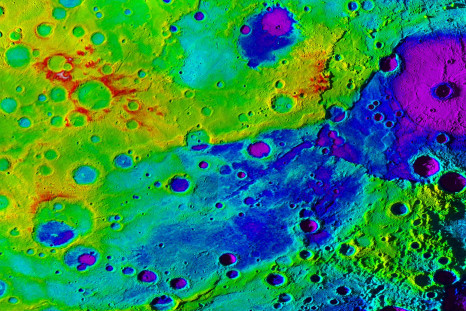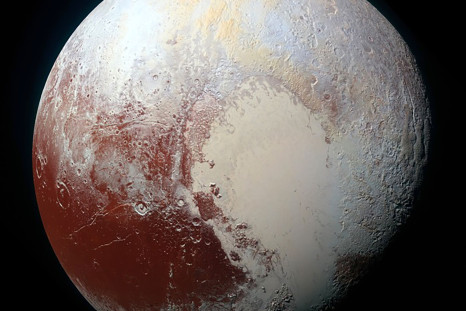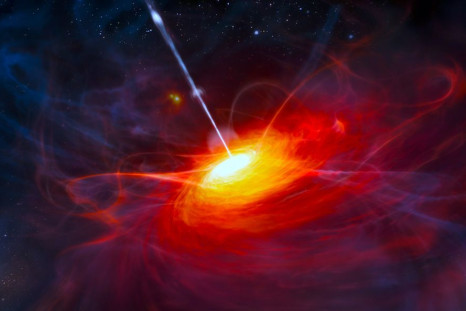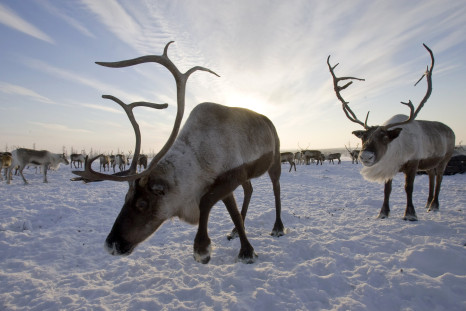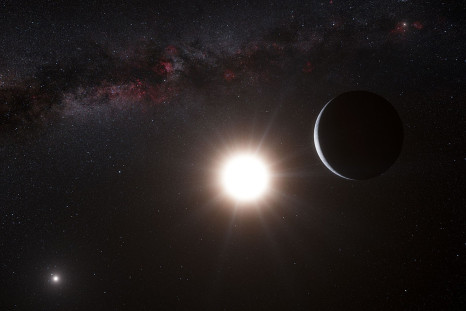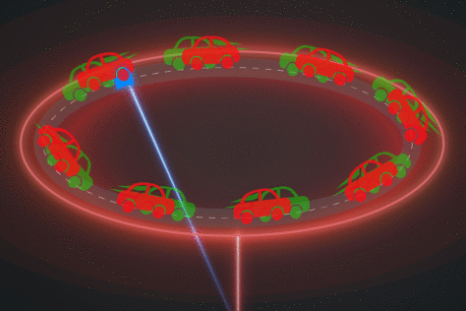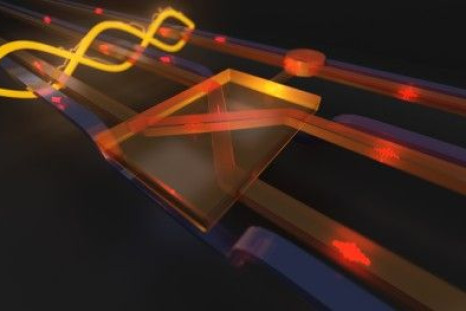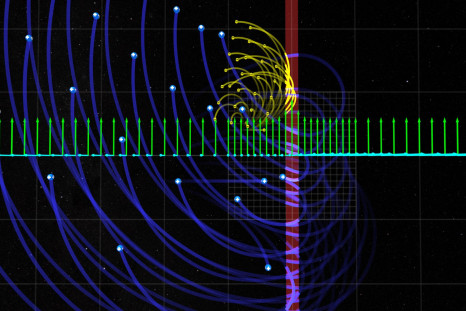Tesla Model S Hack: Oslo-Based Security Firm Uses Android Hack To Unlock, Steal Car
However, a Tesla spokesperson said that the demonstration by Oslo-based Promon did not reveal any “Tesla-specific vulnerabilities.”
Light May Have Outpaced Gravity In The Early Universe, Researchers Say
Either that, or gravity may have been a lot slower.
Hubble Captures Swarm Of Ancient Dwarf Galaxies Using A Gravitational Lens
The distant structures, which were made visible due to a phenomenon known as gravitational lensing, could provide vital clues to the birth and evolution of stars.
Milky Way’s Faintest Companion Could Further Our Understanding Of Dark Matter
Scientists believe that studying the nature and composition of Virgo 1, which lies roughly 280,000 light-years from Earth, may provide vital clues to behavior of dark matter
DNA Makes Up Only Half Of Every Human Chromosome, Study Reveals
Using an extremely precise microscopy technique, a team of researchers has revealed that DNA makes up only 53 percent of every chromosome — far less than previously believed.
NASA’s Cassini Spacecraft To Graze Saturn’s Rings As Part Of Mission ‘Endgame’
The spacecraft, which has been orbiting Saturn since 2004, will begin grazing the planet’s rings later this month as part of the first phase of its “endgame.”
SpaceX Wins NASA Contract For Global Surface Water Survey Satellite Launch In 2021
The Surface Water and Ocean Topography satellite will launch aboard a Falcon 9 rocket in 2021, and is expected to cost NASA about $112 million.
Hubble Space Telescope Photographs NGC 4789A — A Dwarf Galaxy 14 Million Light-Years Away
The image of the dwarf galaxy shows a mix of blue and red stars, suggesting that stars have been forming in it throughout its history.
Ceres’ Bright Spots Seen In New Dawn Image
The image, captured when the spacecraft was at an altitude of roughly 920 miles, shows the 57-mile-wide and 2.5-mile-deep Occator Crater.
CERN Update: Scientists Begin ‘LHC-Forward’ Experiment To Investigate Cosmic Rays
The experiment will study the shower of particles created during collisions between lead ions and protons — a phenomenon similar to cosmic rays’ interaction with Earth’s atmosphere.
ExoMars Orbiter To Make First Scientific Observation Of Mars
The Trace Gas Orbiter, currently orbiting the red planet once every 4.2 days, will provide the science teams at ESA and Roscosmos a chance to calibrate their instruments.
Is EmDrive Real? NASA Paper On ‘Impossible’ Propulsion System Passes Peer Review
A study published in the Journal of Propulsion and Power shows that a propulsion system based on an electromagnetic drive actually works.
Genetically Modified Crops: Gene Tweaking Boosts Photosynthesis Efficiency To Increase Crop Yield
In a proof-of-concept study, scientists showed that tobacco crops genetically modified to harvest more light showed up to 20 percent higher yields.
Most Luminous Fast Radio Burst To Date Sheds Light On Universe’s Hidden Matter
Researchers have used a Fast Radio Burst to glean invaluable information about the cosmic web — the swirling, diffuse and faint web of gases and magnetic fields that exists between galaxies.
China Space Program: Two Astronauts Return To Earth After Monthlong Tiangong-2 Stay
Jing Haipeng and Chen Dong spent 30 days in the Tiangong-2 space lab — China's longest manned space mission.
Dinosaur-Killing Asteroid Made Rocks Behave Like Liquid, Study Reveals
Analysis of samples collected from the dinosaur-killing asteroid impact site has revealed that cataclysmic asteroid impacts can cause a planet’s surface to behave like a fluid.
New International Space Station Crew, Including The Oldest Woman In Space, Lifts Off From Kazakhstan
The crew members include veteran NASA astronaut Peggy Whitson who now holds the record for the oldest woman to fly in space.
Space Poop Challenge: NASA Seeks Solutions To Astronauts’ Potty Problems
NASA has, as part of its “Space Poop Challenge,” called on innovators to develop fecal, urine, and menstrual management systems for its new spacesuits.
Quark-Gluon Plasma Simulation Reveals Surprising Complexity
A supercomputer simulation of the "primordial soup" has revealed that its inner structure is surprisingly complex.
Mercury’s ‘Great Valley’ Provides Evidence For A Shrinking Planet
The valley, which is larger than the Grand Canyon, most likely formed as a result of Mercury’s single outer crust plate contracting and bending.
Pluto’s Cold Heart May Be Filled With Slushy, Icy Water
According to a new study, Sputnik Planitia — a wide plane in the western lobe of Pluto's "heart" — may have a cold, slushy ocean of water-ice.
Climate Change: We Didn’t Invent Global Warming, China Tells Trump
The U.S. should "take a right and smart decision to live up to the world's expectations" on climate change, Liu Zhenmin, China’s vice foreign minister, said Wednesday.
Are The Laws Of Physics Universal? Study Confirms Strength Of Electromagnetism In Distant Galaxy Same As That On Earth
A new study has confirmed, with the highest precision yet, that the strength of electromagnetism remains the same, no matter where one is.
Star Formation In Galaxies Is Suppressed By Extremely Red Quasars, New Study Reveals
According to a new study, extremely red quasars — more than any other class of quasars — play a key role in regulating star formation in their host galaxies.
Climate Change Killing Reindeer? Over 80,000 Deaths In Russia Linked To Retreating Arctic Sea Ice
Tens of thousands of reindeer in northwest Russia starved to death in 2006 and 2013 when their food supply was cut off due to unseasonal rains.
Alex Jones — Prominent Conspiracy Theorist — Joins War On Fake News
Jones — an outspoken conspiracy theorist and Donald Trump supporter — said Infowars’ “fake news analysis center” will combat “lies and fake stories being pushed by the mainstream media.”
Project Blue Launches Kickstarter Campaign To Photograph Earth-Like Alien Planets
Project Blue, launched by an international consortium of scientists, began a Kickstarter campaign Tuesday to raise funds for a telescope that may capture a “pale blue dot” image of an alien planet.
How Does Gravity Behave Over Extremely Short Distances? A Ring Of Cold Atoms Could Tell Us, Scientists Say
Scientists have proposed an ingenious technique to study gravity over extremely short distances, one that involves creating a ring of several thousand ultracold atoms.
Quantum Computing: Large Molecules Can Be Used To Create Stable Qubit Gates, Manchester University Researchers Say
According to a team of researchers from Manchester University, it may be possible to use large molecules made of nickel and chromium as qubits — the quantum computing equivalent of bits.
NASA Finds High-Energy Electrons Accelerated To Near-Light Speed Just Outside Earth’s Magnetic Field
The particles, discovered as part of NASA’s THEMIS mission, were found being accelerated to nearly the speed of light in the foreshock region, which lies just beyond Earth’s magnetic field.



